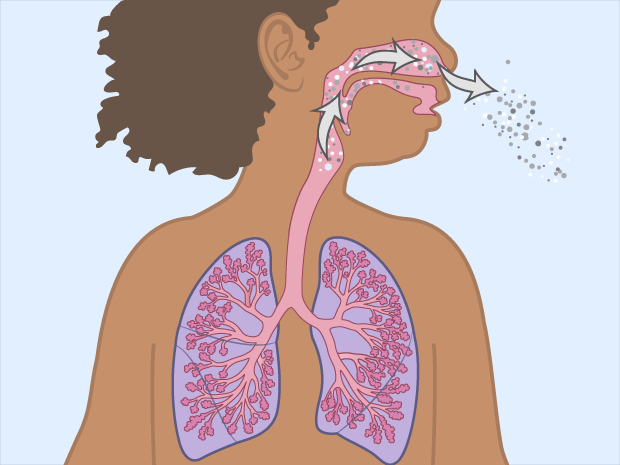kilkennybookcentre.com – The nose is a fascinating and essential organ, often overlooked despite its crucial role in maintaining respiratory health. Beyond its primary function as an olfactory organ, the nose serves several important roles in the respiratory system. This article explores the anatomy of the nose, its functions, and its importance in respiratory health.
Anatomy of the Nose
The nose is composed of a complex structure that includes cartilage, bone, and soft tissue. The external part of the nose is the visible structure on the face, while the internal part includes the nasal cavity. The nasal cavity is divided into two nostrils by the nasal septum and lined with mucous membranes and tiny hairs called cilia.
Functions of the Nose in Respiration
1. Air Filtration
One of the nose’s primary functions is filtering the air we breathe. The mucous membranes and cilia trap dust, pollen, and other airborne particles, preventing them from entering the lungs. This filtration process helps reduce the risk of infections and respiratory illnesses.
2. Humidification and Warming
The nose plays a critical role in humidifying and warming the air before it reaches the lungs. The nasal passages are lined with blood vessels that release heat and moisture, ensuring that the air is at an optimal temperature and humidity level. This process protects the delicate tissues of the respiratory tract.
3. Olfactory Function
While not directly related to respiration, the sense of smell is an important function of the nose. The olfactory receptors located in the nasal cavity detect odors, which are processed by the brain. A healthy nose is vital for maintaining a keen sense of smell, which can also influence taste and overall quality of life.
4. Regulation of Airflow
The nasal passages are designed to regulate airflow into the lungs. The structure of the nasal cavity allows for optimal airflow patterns, which can affect breathing efficiency. Proper nasal breathing can also help reduce snoring and improve sleep quality.
The Impact of Nasal Health on Overall Respiratory Health
Maintaining nasal health is crucial for overall respiratory well-being. Conditions such as nasal congestion, sinus infections, and allergies can impair the nose’s ability to perform its functions, leading to breathing difficulties and increased susceptibility to infections. Regular check-ups and proper care, such as staying hydrated and using saline sprays, can help maintain nasal health.
Conclusion
The nose plays a vital role in respiratory health, from filtering and humidifying the air to enhancing our sense of smell. Understanding its functions and maintaining nasal health are essential for overall respiratory well-being. By appreciating the nose’s contributions, we can take proactive steps to protect and support our respiratory system.

